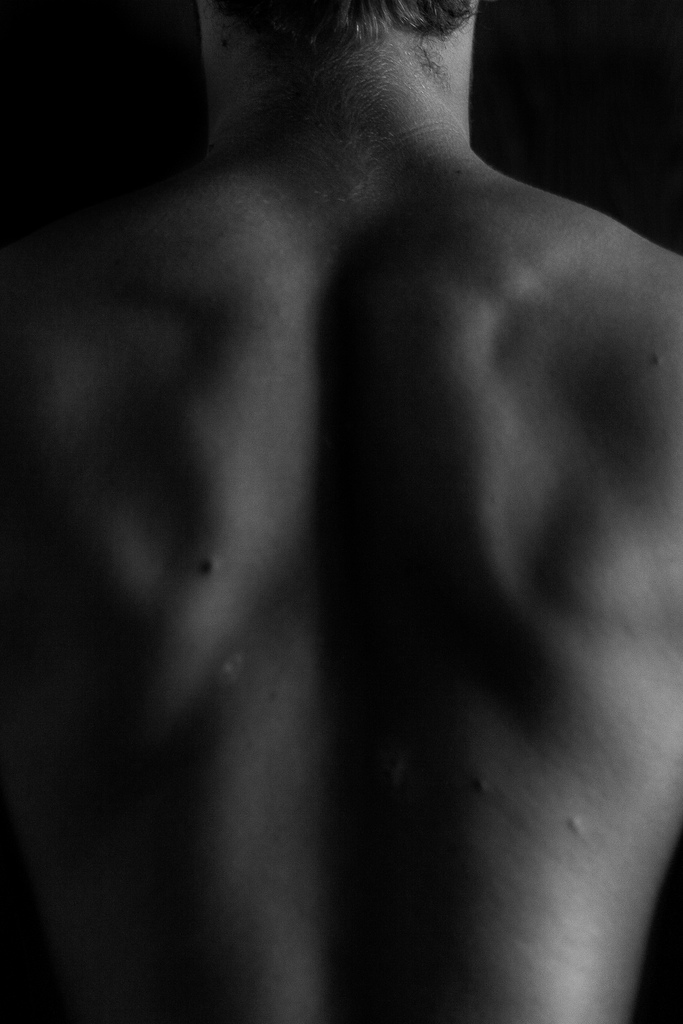Like many Biolans, I grew up in a relatively conservative home, where evangelical Christianity shaped most of my family life. My four years at Biola have provided a space in which my homegrown, AWANA-inspired beliefs have been challenged and affirmed, reshaped and refined. As an underclassman, I began asking some hard questions of my faith tradition that did not have neatly packaged answers that I could recite on command.
I know that many Biola students who have experienced similar frustrations have tossed out pieces of their evangelical upbringing wholesale, and often for some good reasons. This is routinely manifested in political and ecclesial issues: Those who saw holes in the mainstream Republican platform that they were raised on are now registered Democrats or “non-politicals,” and those who were raised on the mega-church’s shallow theology of the Eucharist opt for more orthodox traditions.
Not all departures from conservative evangelicalism are bad, and not all of them are good — given the importance of the issues at stake, I think that all of our faith traditions merit a decent dose of robust challenging. But while many of us have started asking hard questions, given the trends among young Christians it seems we have been let down by the answers that we’ve found.
The most significant area in which I have felt let down by my evangelical upbringing is the theology of the physical body. The general messaging I’ve received from a few well-intending youth pastors runs something like this:
(Warning: bad hermeneutics ahead)
“The body is bad. Any time you see the word ‘flesh’ in the Bible, it is referring to our physical bodies. So when we read in Galatians that ‘the desires of the flesh are against the Spirit, and the desires of the Spirit are against the flesh, for these are opposed to each other,’ we can know that the body is the source of sin in our lives and the primary obstacle between us and God.”
I was taught another lesson about bodies. This subtle doctrine came from the sort of clothes that my small group leader wore — we hadn’t discovered backless shirts when I was in junior high, but short shorts and low-cut halter tops communicated the same things to my frumpy eighth grade self: If you were a girl, skin was in. The female body was a thing to be manipulated into a certain shape and size and then flaunted among our “brothers in Christ.”
Without knowing it, I came to college without any idea what my body was for.
And yet, some of the deepest questions on Biola’s campus revolve around the question, “What are our bodies for?” Until Christians, conservative or otherwise, can seriously engage this question, I’m unconvinced that we can talk about issues like body image, homosexuality, pornography or eating disorders with any kind of weight.
This question wasn’t answered for me. But I do not think that’s because God doesn’t care about our bodies — in fact, I think that just the opposite is true. God created living, breathing, tasting, smelling, seeing, feeling human beings and then called them “good.” And when the human race had injured itself beyond repair, we experienced his love in an expressly physical way, and we watched the risen Son bring light to our darkness through his very body.
Are bodies just expressions of our individualism that can be manipulated at will, or is there something more to our nature as physical human beings created in the image of God? What if the body is neither a curse nor a commodity? What if, instead, the physical body is one of God’s greatest blessings, and the primary means through which we enter into right relationship with each other and with God himself?
We don’t have to give up on these questions. We just need to start answering them.







